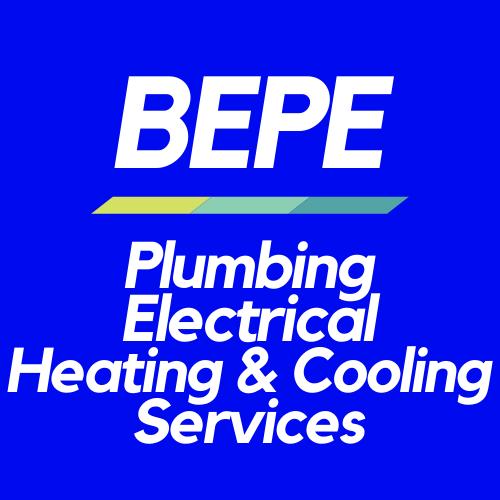Why You Shouldn’t Flush Feminine Products
Observe, women! You are being warned by Bathroom Plumbers not to dump feminine hygiene items down the toilet. You may respond, "What’s being warned by bathroom plumbers not to dump feminine hygiene items down the toilet. You may respond, "What?" in violation of this instruction. However, tampons advertise their flushing ability right on the packaging! You'll reconsider flushing tampons, maxi pads, wipes, and other "flush-friendly" goods after learning that they might damage your plumbing or septic tank.
What Kind of Plumbing System Damage Can Feminine Products Cause?
Have you ever seen a sign warning you not to flush feminine products in the women's restroom? Feminine products should never be flushed down the toilet, so those tiny trashcans mounted to the wall or by the toilet aren't just there for aesthetic purposes. This is why:- Tampons expand 10 times their original size after absorbing liquids. This makes them ideal for blocking sewage drains, particularly in older systems with tree roots creeping into the pipes, and requires bathroom plumbers to get them cleaned.
- Tampons are indestructible. This implies that, unlike toilet paper, it does not disintegrate if it gets snagged on something on its journey down the drain. In reality, the tampon will remain in the pipe, allowing additional material to accumulate around it until you hire a bathroom plumber to clear the clog.
- Even if you flush feminine hygiene items down the toilet, they haven't yet left your plumbing system. It may produce a clog farther down the line, causing plumbing issues for the individuals who live next door. That is one definite way to make your neighbours dislike you!
- Tampons that make it all the way to the sewage treatment plant, as many do, are broken down by chemical or physical filter systems, along with other non-biodegradable objects that end up in the sewer. Non-biodegradable objects are filtered out and delivered to the landfill, where they would have ended up anyway if you had just tossed them out, without all the added cost and risk to your plumbing system!
- Additionally, tampons harm septic systems. They take up room in the tank, raising liquid levels and causing particles to obstruct distribution tubes since they never decompose. When water eventually backs up into your house or gathers around the tank, it's time to call a plumber with the help of electrical and plumbing service company.
Additional Items to Never Flush
Make it a household rule that only human waste and toilet paper may be flushed. There are no exceptions, despite the fact that the phrase "flushable" is emblazoned directly on the package. After all, for some producers, the term "flushable" merely denotes that the item is small enough to flush away down the toilet. In contrast, anything smaller than a golf ball is "flushable" according to this concept. As a reminder, the following are some other objects that are frequently flushed but never should be:- Anything made of paper that isn't toilet paper, such as paper towels, face wipes, and napkins
- Large pads
- Cotton swabs and balls
- tooth floss
- Any type of wipe, even those designated as "flushable,"
- Sticky bandages
- Condoms
- prescription medications
- Smoking butts
- Diapers
- Pet waste and cat litter
- Grease, oil, and fat
- chemicals for clearing drains
